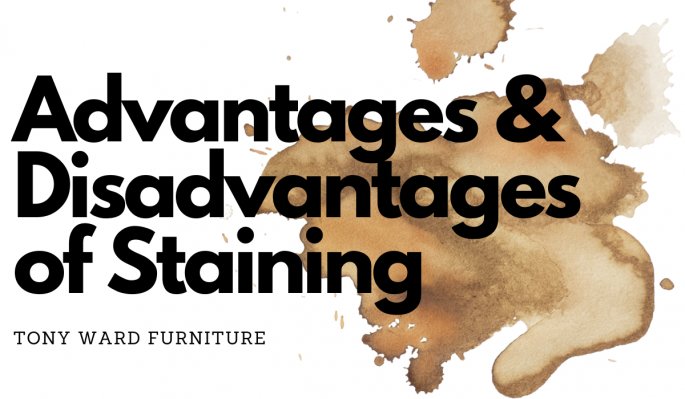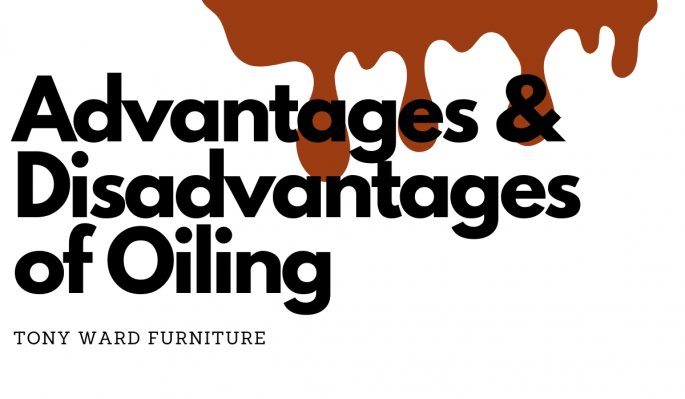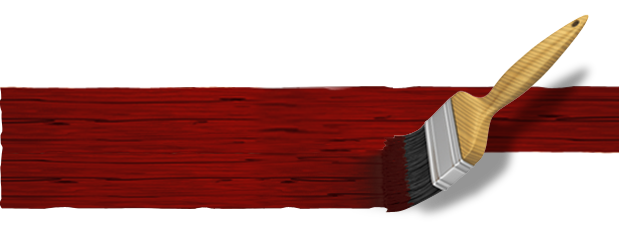| Tags | design and inspiration great outdoors guide fun and interesting cleaning and maintenance garden bridge guide children seating show all posts |
How should I treat my outdoor wood? Paint, Stain or Oil?
It might seem a little complicated when it comes to treating outdoor wood, but it doesn't need to be. That's why we made a comprehensive guide so that you can decide what's best for you and your garden. The main question is Paint, Stain or Oil?


Advantages & Disadvantages of Painting
One of the main advantages of painting wood is the broader selection of colours and shades available. Whether you want to go for something classical and timeless, or add a pop of colour to your garden, the choice of outdoor wood paint is wider than any other form of treatment by far.
Painting is often considered to be the best option in terms of limiting Ultraviolet (UV) Radiation damage. The thicker, more opaque consistency means that the UV rays find it harder to penetrate and attack the wood.
Typically paint is relatively low maintenance as it can be repainted over as needed; that being said, any wood which is walked on frequently is likely to need more maintenance, as it may eventually peel or come away.
One of the main disadvantages of painting is that it tends to be the most permanent of the options; once wood has been painted it is relatively difficult and time-consuming to restore the wood to its original glory.

Advantages & Disadvantages of Staining
One of the greatest deciding factors between choosing to paint or stain your wood is personal preference on the overall look; if you like a more solid colour then paint could be the best choice. That being said, if you like the qualities of natural wood but just want to enhance it and give it a unique finish, then staining could be the best option. Staining allows for the wood's natural qualities to come through, and actually highlights these qualities more, rather than covering them up.
The first time that wood is stained is the most laborious, as the wood needs to be sanded down completely to ensure that the stain is absorbed properly into the wood. After that initial treatment, staining is a relatively easy treatment as it will just need to be roughly sanded and re-coated with stain every few years or whenever it looks like it needs freshening up.
Wood stains are designed to penetrate the wood which in turn should prevent moisture from soaking into it; this is important as moisture causes problems such as wood rot.
If you are torn between painting or staining, it should be noted that staining is often considered the best option if you're unsure of how often you'll be able to do the maintenance; whilst paint may begin to chip away and possibly look untidy, the stain will simply fade with time.
In terms of the disadvantages of staining wood, it tends to be a little bit less predictable than painting in terms of what the final result will be. This would be due to a number of factors such as the type of wood, the quality of wood and a number of external factors such as weather conditions and temperature.

Advantages & Disadvantages of Oiling
The main difference between oiling and staining wood is that oils are designed to enhance and nourish the wood from within.
Wood Oil is extremely effective at penetrating the wood which is what allows it to nourish the wood from within. When the oil penetrates the wood, it protects it from splitting, warping, cracking and moisture which increases the lifespan of the wood. Some of the greatest threats to outdoor wood are rain and moisture - oil is a very effective option when it comes to combatting this issue.
Some experts consider wood oil to be the most long-lasting treatment, and therefore, the most cost effective choice when it comes to wood finishes.

Best of Both Worlds
There is of course, the option to both oil and stain your wood; if you choose to do this you must apply the stain first, then the oil. The advantage of this is that you get the benefits of both individual options. This also means that you could initially stain the wood and then choose to oil it to keep it looking fresh and nourished.









